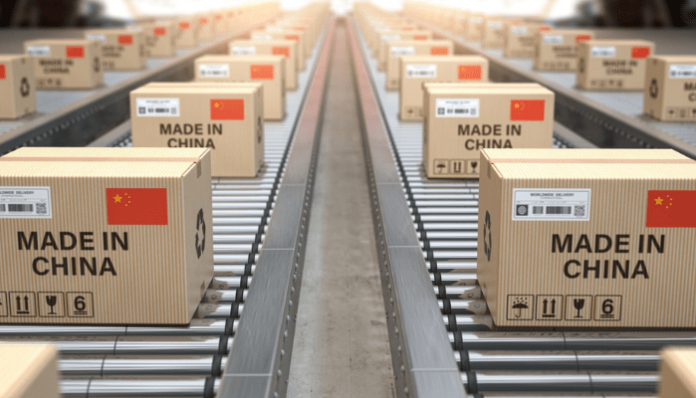- Trend raises concerns about country’s reliance on foreign products
Nigeria’s economy has witnessed a significant rise in import expenditure over the last five years, with Nigerians spending a staggering N150.58trn on imported goods between 2020 and 2024.
This trend has raised concerns about the country’s reliance on foreign products and its impact on local industries, employment, and foreign exchange reserves.
Trade data obtained by The Point from recent years revealed an alarming increase in Nigeria’s annual import bill.
For instance, in 2020, Nigerians spent N12.7 trillion on importation. The figure assumed an upward trend with 2021, 2022 and 2023 recording N20.84 trillion, N25.59 trillion and N30.86 trillion respectively.
From 2020 to 2024, Nigeria’s import spending increased by 377%, with 2024 recording the highest annual import bill at N60.59 trillion—almost double that of the previous year.
This sharp rise is attributed to several factors, including the depreciation of the Naira, inflation, increased consumer demand for foreign goods, and challenges in local manufacturing.
The surge in import expenditure has significant implications for Nigeria’s economy. Experts have warned that continued reliance on foreign products weakens the local manufacturing sector, making it harder for domestic businesses to compete.
It also puts pressure on foreign exchange reserves, as more dollars are needed to pay for imports, and further devalues the Naira, leading to inflation and higher costs for goods and services.
Additionally, the rise in importation creates trade deficits, as Nigeria continues to import more than it exports. These factors have sparked debates on the need for stronger policies to promote local production and reduce dependence on imported goods.
Recognizing the challenges posed by rising imports, the Federal Ministry of Industry, Trade, and Investment had rolled out several policies aimed at boosting local trade and production.
The government has implemented measures to encourage local production of essential goods, such as agricultural products, textiles, and pharmaceuticals.
To encourage local manufacturing, Nigeria has placed restrictions on the importation of certain goods, including rice, cement, and some agricultural products. These policies have led to an increase in local production, with industries such as rice farming seeing significant growth.
China remained Nigeria’s top import source, accounting for 27.8 per cent of total imports. India followed with N1.90 trillion while Belgium, the United States, and France contributed N1.39 trillion, N1.06 trillion, and N601.28 billion, respectively.
The Minister of Industry, Trade and Investment, Jumoke Oduwole, had last month reaffirmed the Federal Government’s commitment to strengthening trade and investment reforms to enhance Nigeria’s economic landscape.
The assurance came during a courtesy visit to the Lagos Chamber of Commerce and Industry, where the Minister engaged with key stakeholders to discuss pressing trade and investment challenges.
The discussions addressed critical concerns such as policy instability, cumbersome trade facilitation processes, infrastructural deficits, and limited access to finance.
The LCCI had emphasized that frequent policy reversals negatively impact investor confidence and long-term business planning.
Additionally, the Chamber highlighted inefficiencies in trade facilitation, which increased operational costs and hindered the seamless movement of goods and services.
Infrastructure deficits, including inadequate transport networks, unreliable power supply, and limited digital infrastructure, were also identified as major obstacles to economic growth.
The Chamber further stressed that while access to finance has seen some improvements, small and medium enterprises still face significant challenges in securing funding to enhance their competitiveness.
In response, the Minister acknowledged these concerns and reiterated the government’s commitment to implementing policies that promote investment, enhance trade facilitation, and improve the ease of doing business in Nigeria.
She assured stakeholders that efforts are underway to create a more stable and predictable policy environment, foster infrastructural development, and expand financing opportunities for businesses.

